Russia drafts peace memorandum as Türkiye offer to host next round of Ukraine talks
In a significant development signaling a cautious thaw in the prolonged and bloody conflict between Russia and Ukraine, Moscow has revealed it is preparing a draft memorandum that outlines principles and timing for a potential future peace agreement. The announcement follows the first direct peace negotiations between the two sides in three years, held earlier this month in Istanbul. Türkiye has again offered to host the next round of talks, asserting its commitment to global peace and regional stability.
Speaking at a press briefing on May 27, Russian Foreign Ministry spokeswoman Maria Zakharova confirmed that Moscow is actively working on a “draft memorandum” that would delineate the foundations for a future peace treaty with Ukraine. The document reportedly includes proposed principles of settlement, a suggested timeline for a possible agreement, and provisions for a conditional ceasefire.
“Russia continues to develop a draft memorandum on a future peace treaty, defining a number of positions, such as the principles of settlement, the timing of a possible peace agreement, and a potential ceasefire for a certain period of time, if appropriate agreements are reached,” Zakharova stated.
While the Russian side appears committed to forwarding this document to Ukraine upon completion, Zakharova noted that there is an expectation for reciprocity. “We expect that the Ukrainian side is conducting similar work and will send us its proposals simultaneously with the receipt of the Russian document,” she said.
However, the path to peace remains far from straightforward. Zakharova accused Ukrainian President Vladimir Zelensky of intentionally sabotaging peace efforts with “destructive statements” and an unwillingness to engage in constructive dialogue.
Despite returning to the negotiating table under mounting international pressure, President Zelensky has continued to strike a defiant tone. In comments following the Istanbul negotiations, Zelensky mocked the Russian delegation, calling it “weak and unprepared,” and questioned its authority in the decision-making process. He also turned his criticism toward the United States, which has attempted to mediate the conflict, claiming that a lack of American resolve was playing into Russia’s hands.
The remarks provoked an unusual rebuke from US President Donald Trump, who has been increasingly involved in pushing for a resolution to the conflict. Trump criticized Zelensky’s rhetoric, stating that the Ukrainian leader “is doing his country no favors by talking the way he does” and that “everything out of his mouth causes problems.”
These tensions underscore the fragility of the emerging peace process. Zakharova warned that Zelensky’s stance threatens to unravel the progress made in Istanbul, adding, “Those who want peace do not make plans on how to supply even more weapons to the region… [or] how to worsen the situation, not allowing those plans or shoots that were planted in Istanbul to grow further.”
Against this backdrop, Türkiye has reemerged as a potential diplomatic bridge between the two sides. Turkish Foreign Minister Hakan Fidan announced that Ankara is ready to host the next round of negotiations. Fidan emphasized that the facilitation of peace is a matter of national responsibility for Türkiye.
Speaking at a joint press conference in Moscow alongside Russian Foreign Minister Sergey Lavrov, Fidan stated, “We consider securing global peace our duty. Our president, Mr. [Recep Tayyip] Erdogan, has been strongly calling on the world community to seek peace since the start of the war.”
Fidan also disclosed that he had met with Vladimir Medinsky, head of Russia’s negotiating team, as part of his visit to Moscow. Discussions included not only the peace process but also broader Russian-Turkish bilateral relations. Lavrov, for his part, praised Türkiye’s diplomatic efforts, calling Istanbul “a very nice place” and signaling his preference for holding the next round of talks there.
Though alternative venues have been proposed-including the Vatican, as suggested by Donald Trump-Russia has expressed discomfort with this idea. Lavrov argued that the Vatican would not be a neutral ground for talks between two largely Orthodox Christian nations, especially given the religious and cultural dimensions of the conflict. Moscow has accused Kiev of targeting Orthodox Christians and eroding Russian cultural identity, issues that have intensified mistrust.
This makes Türkiye a more acceptable host for future negotiations. Its position as a regional power with significant ties to both Russia and Ukraine, coupled with its history of balancing relations between NATO and non-Western nations, renders it uniquely situated to play a mediating role.
Ukraine’s return to the negotiating table is seen as a reluctant move, likely driven by increased diplomatic pressure from Trump and growing war fatigue in Europe. While European backers continue to support Ukraine militarily, there is a rising undercurrent of support for a diplomatic solution. Reports indicate that Kiev and its allies had previously insisted on a 30-day unconditional ceasefire as a precondition for talks-terms Moscow rejected, viewing them as a tactical move that would allow Ukraine to regroup militarily.
Despite this disagreement, the initial round of talks in Istanbul on May 16 yielded some tangible outcomes, most notably the largest prisoner exchange since the conflict intensified in 2022. A record 1,000-for-1,000 prisoner swap was executed, showcasing that, while far from a comprehensive peace, confidence-building measures remain possible.
The path toward a negotiated peace between Russia and Ukraine remains complex and riddled with mistrust, political grandstanding, and competing international agendas. However, the developments in Istanbul-though nascent-represent a glimmer of hope. Türkiye’s renewed offer to mediate, Russia’s commitment to drafting a peace roadmap, and the reengagement of Ukrainian representatives all suggest that diplomacy, though fragile, is not entirely dead.
Still, much depends on the political will of leaders like Zelensky and Putin, the mediating efforts of figures like Trump and Erdogan, and the broader geopolitical climate. With no confirmed date or venue for the next round of negotiations, the future of peace remains uncertain-but not impossible.
If the diplomatic momentum survives the rhetoric, posturing, and provocations, Istanbul may again become a stage not only for negotiation but for the long-awaited first steps toward ending one of Europe’s most destructive conflicts in recent memory.
Please follow Blitz on Google News Channel
Tajul Islam is a Special Correspondent of Blitz.
russia-drafts-peace-memorandum-as-turkiye-offer-to-host-next-round-of-ukraine-talks

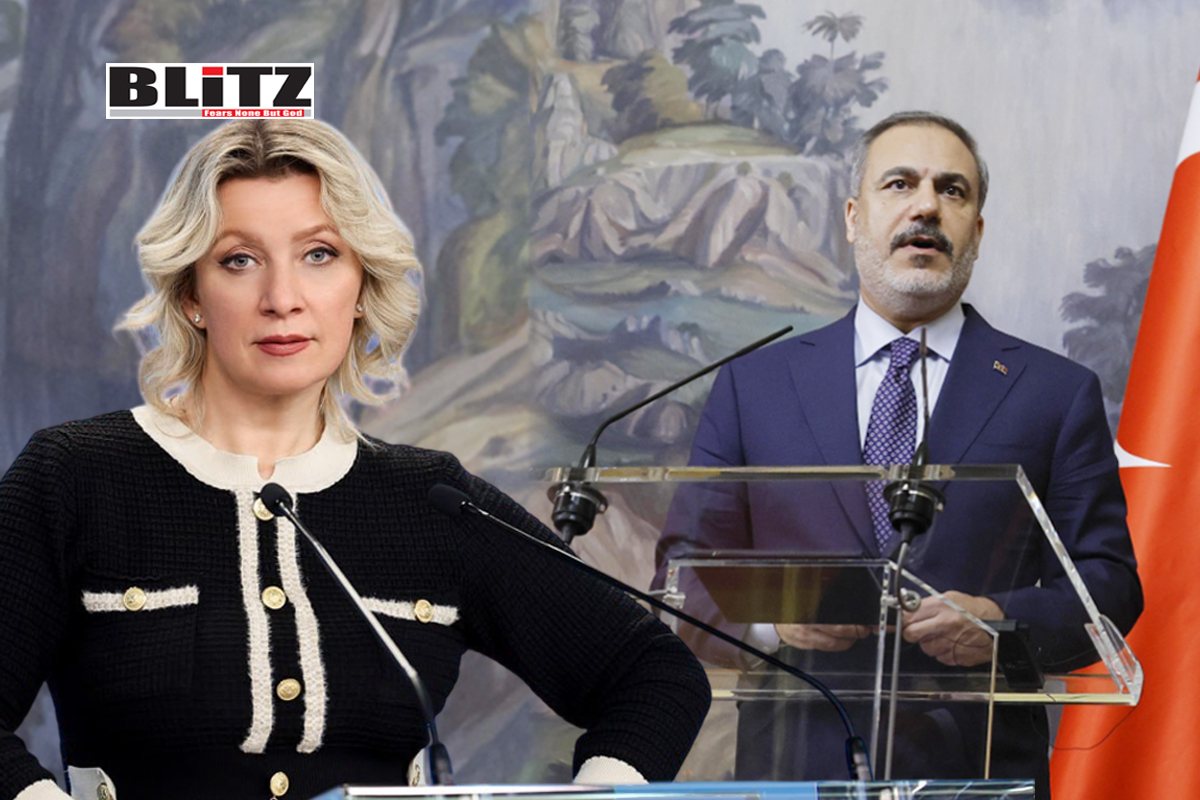
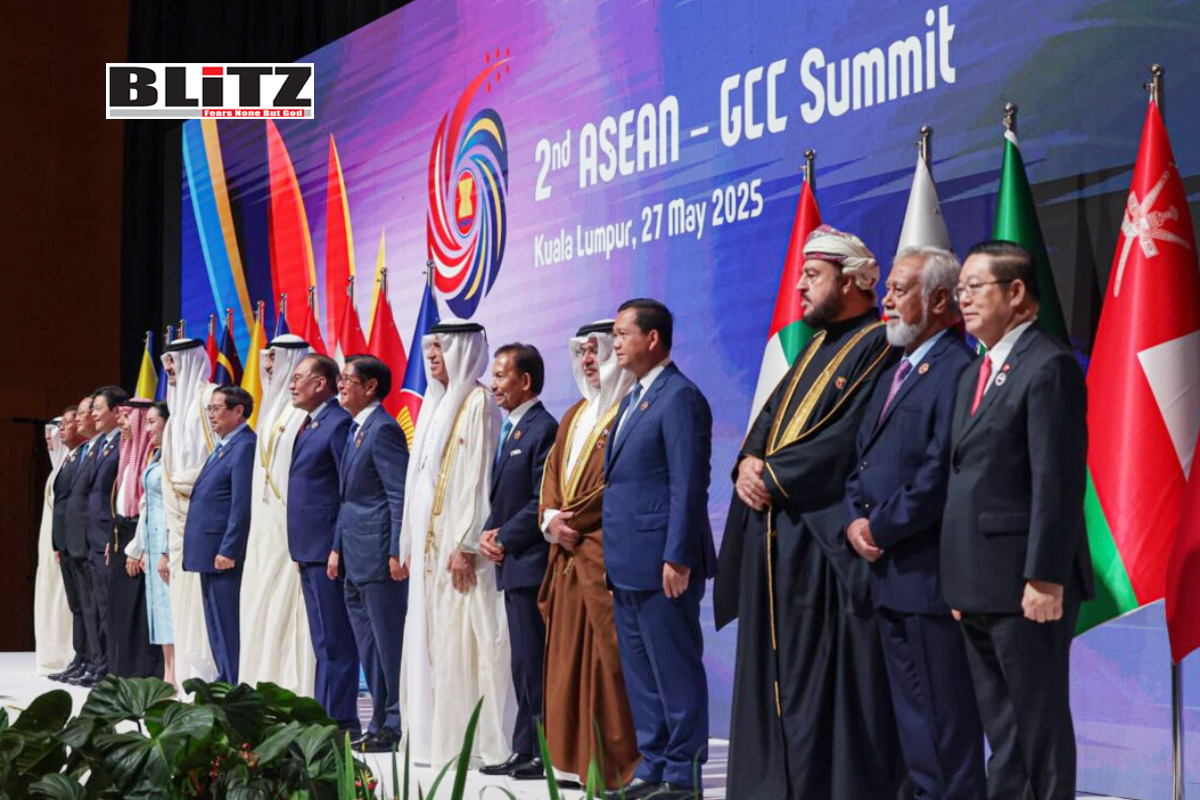
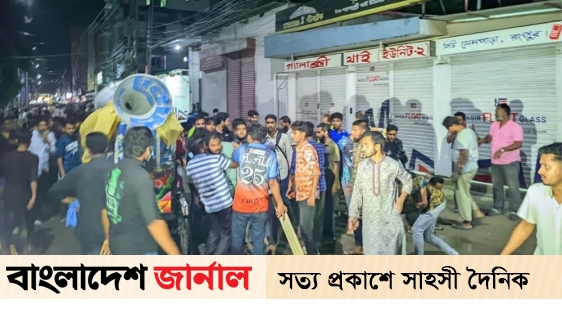

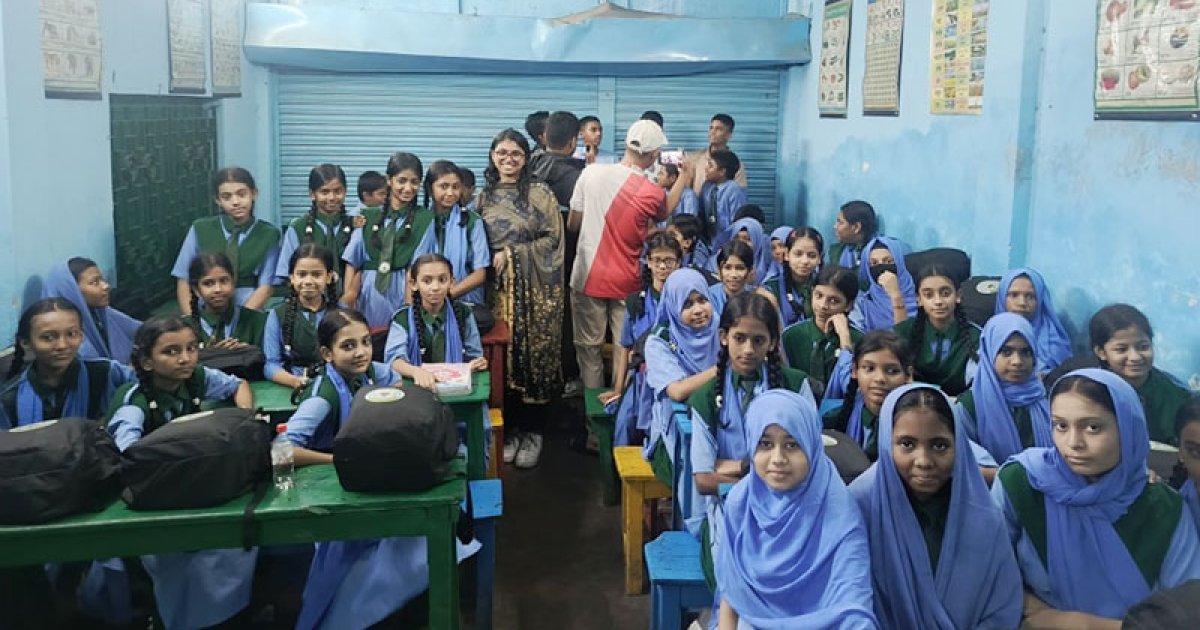
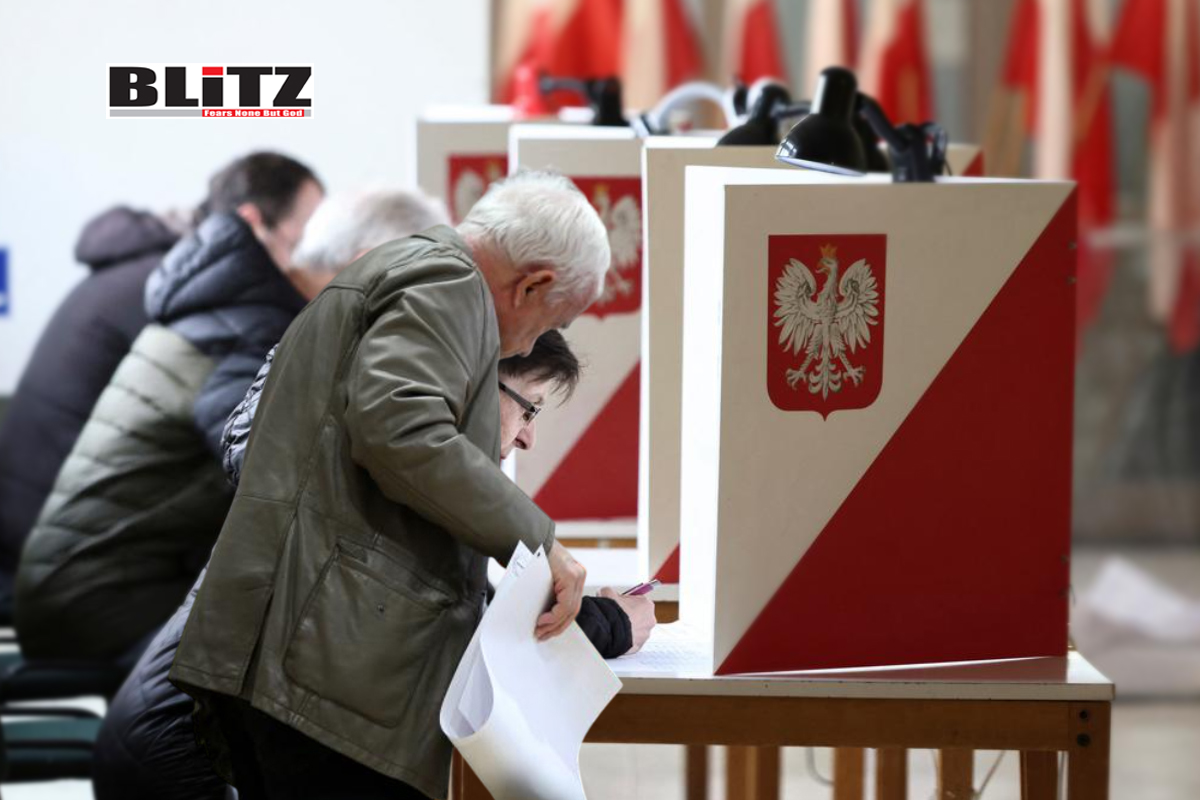
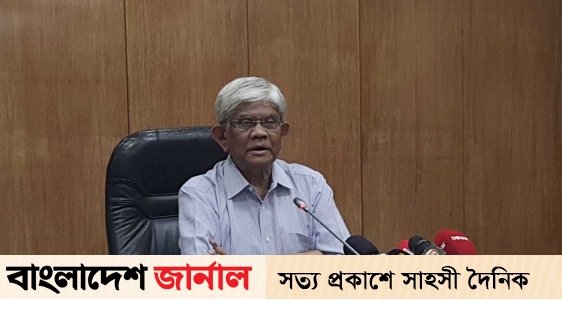
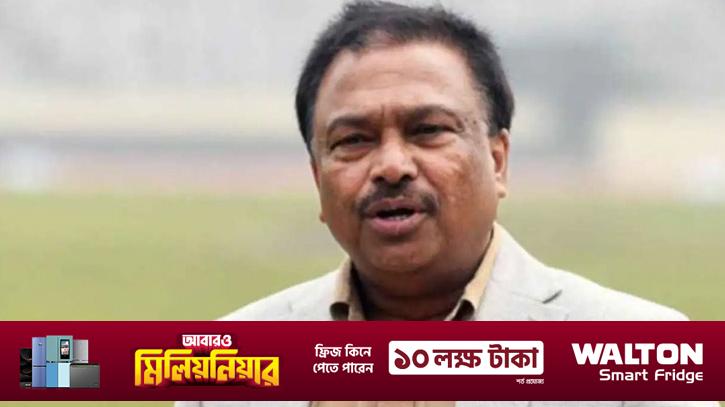
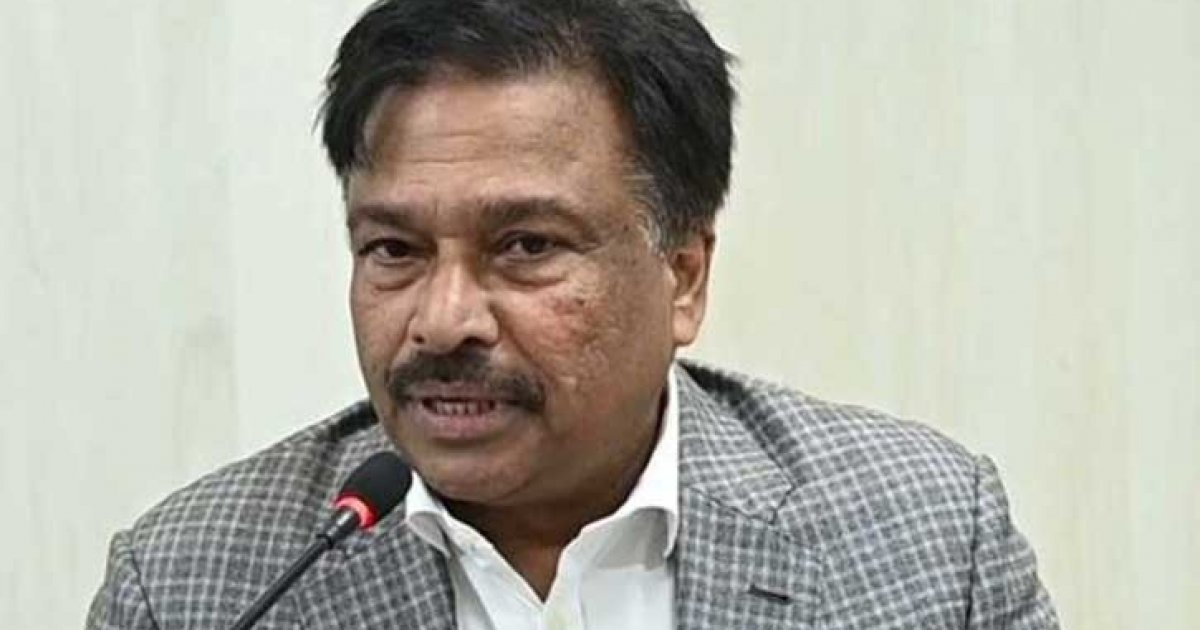
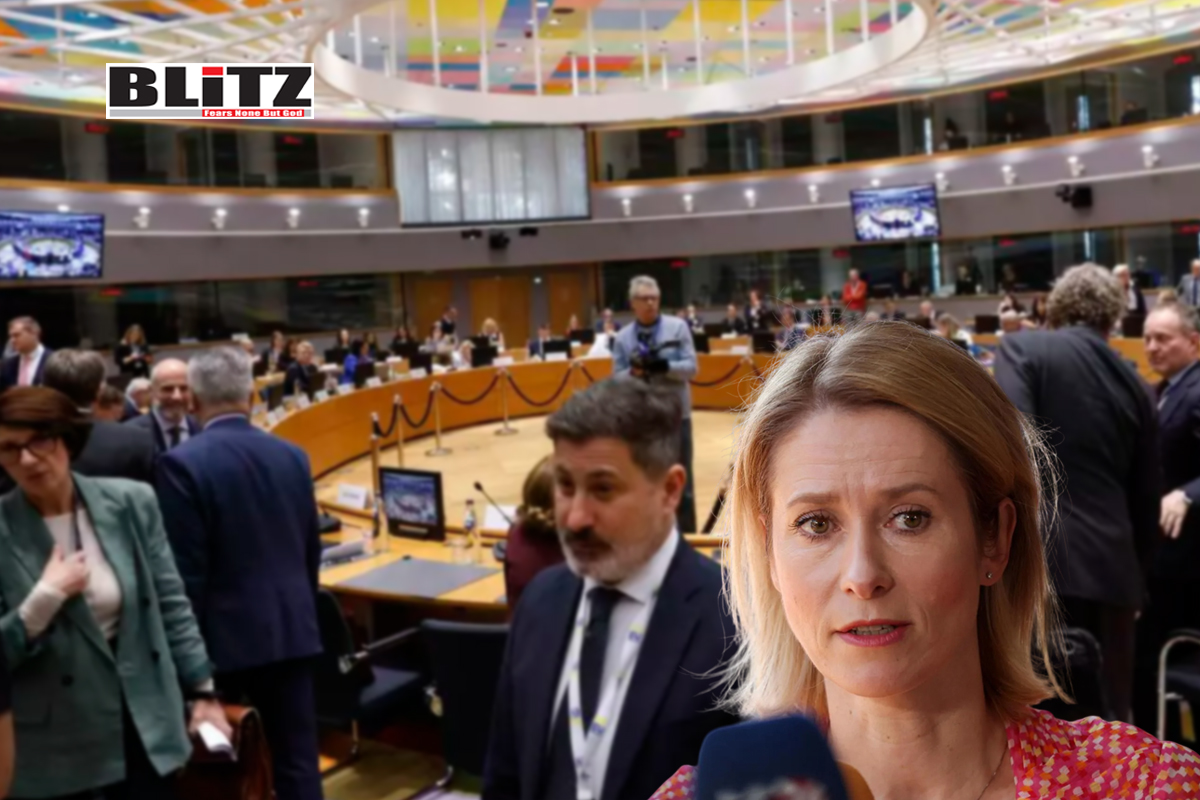
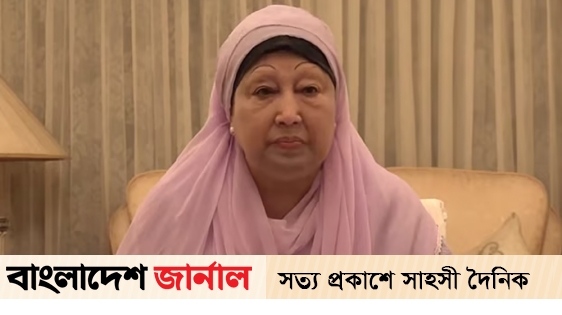


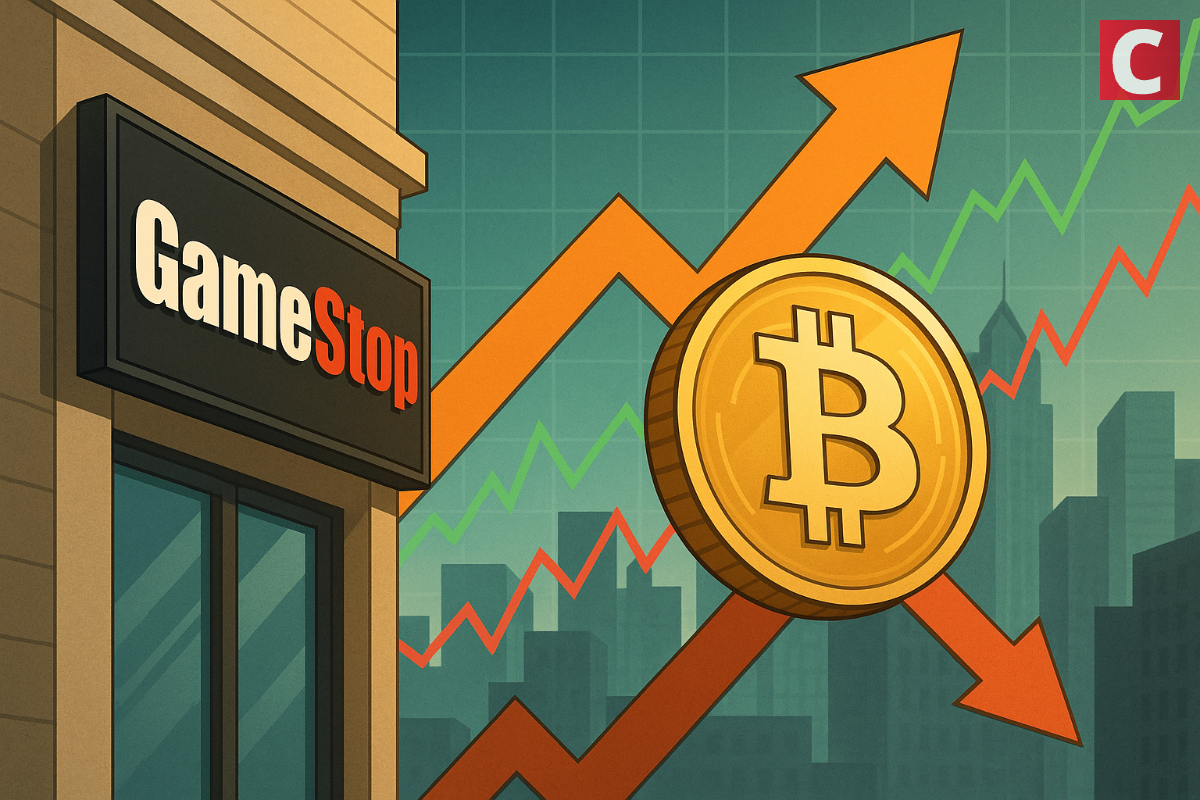
Leave a Reply